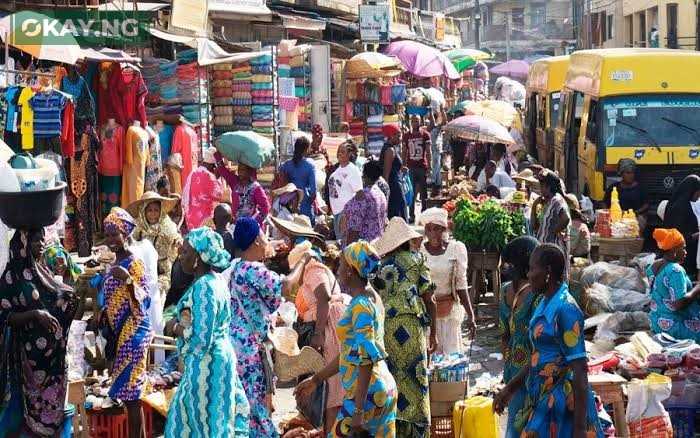The Nigerian Presidency has pushed back strongly against what it called a “false narrative” suggesting that the country is teetering on the edge of collapse, insisting that such portrayals are exaggerated and not representative of the current national situation.
The clarification was issued by Sunday Dare, Special Adviser to President Bola Tinubu on Media and Public Communications, who described a recent editorial titled “Nigeria is Collapsing under Tinubu’s Watch” as misleading and dangerously speculative.
Speaking in a statement on Thursday, Dare acknowledged that the country is indeed facing a range of economic difficulties but warned against what he termed “sensationalism” in media coverage and public commentary.
“The claim that 33 million Nigerians are at risk of hunger is a projection, not a confirmed reality,” Dare said, citing figures from the Cadre Harmonisé report — a West African regional tool that assesses and forecasts food security.
okay.ng reports that this particular forecast has been widely circulated and often misinterpreted as a definitive measure of actual suffering, a point the Presidency is keen to correct.
“Criticism is welcome, but it must be rooted in truth — not fear-mongering,” Dare continued, arguing that alarmist media coverage does little to reflect the nuanced and complex nature of the government’s current reform efforts.
Dare accused the editorial of dismissing or completely ignoring the various palliative and stabilisation measures that have been introduced by the Tinubu administration. He pointed to several initiatives, including the strategic release of food reserves, the expansion of agricultural programmes, and government-led cash transfer schemes as evidence that action is being taken.
On broader economic reform, Dare stressed that improvements in the foreign exchange market — particularly the naira-dollar rate — indicate a gradual but steady recovery. He also highlighted ongoing reforms in tax policy and social welfare systems, which are projected to show substantial benefits by 2026.
“This is not the time to stoke fear; it is the time to report facts responsibly and support constructive dialogue,” Dare concluded.







